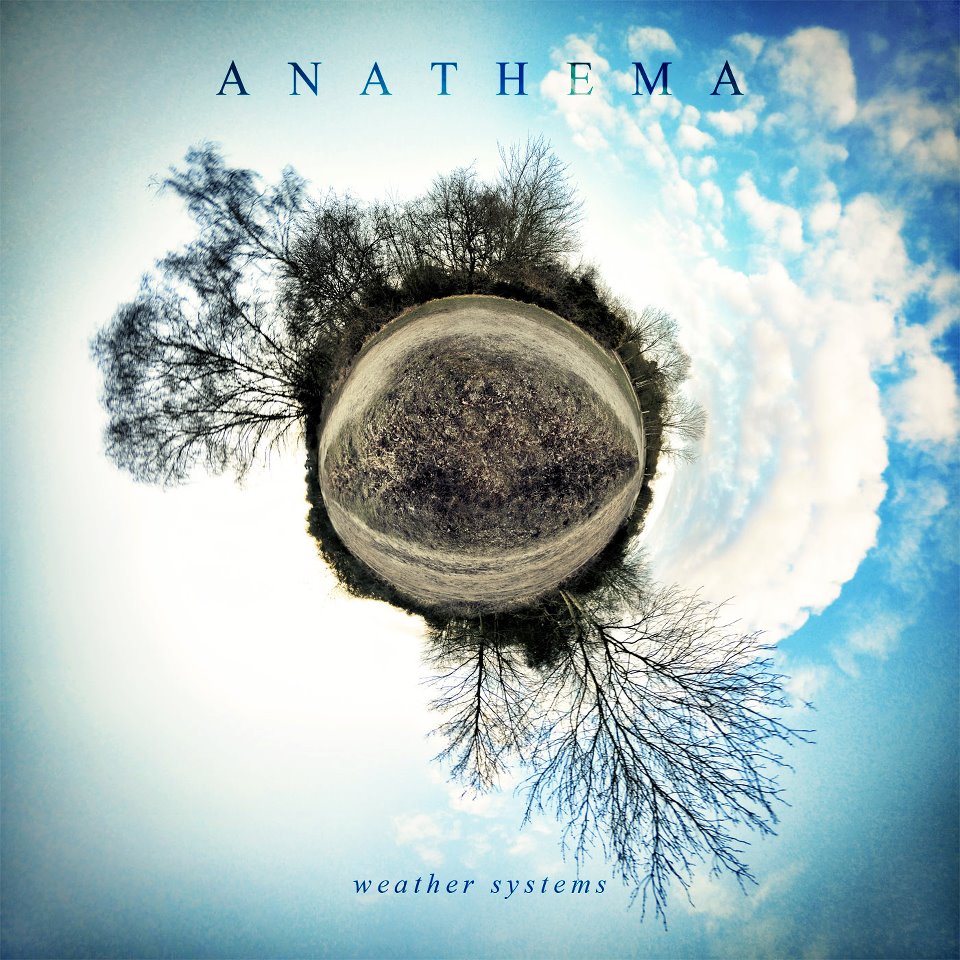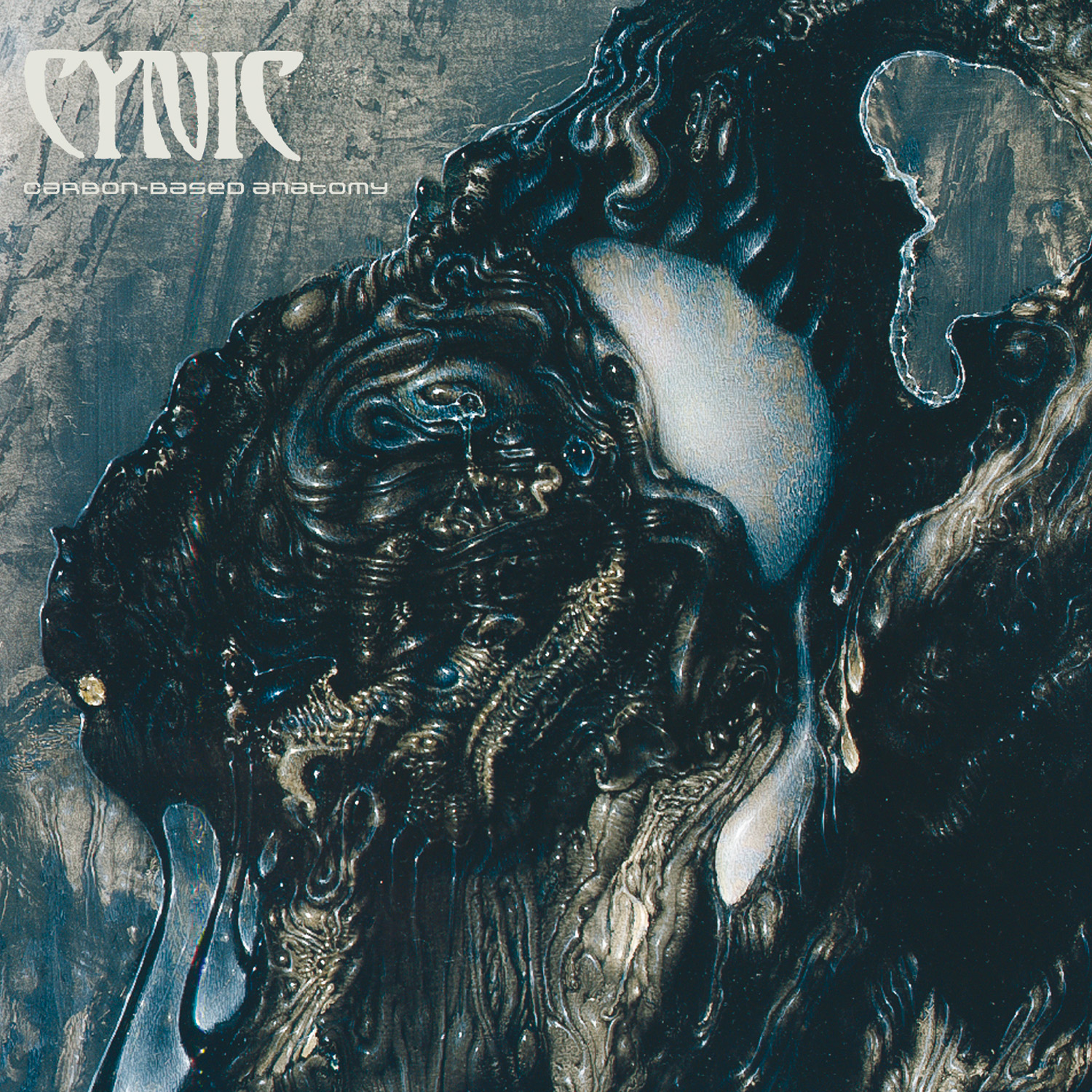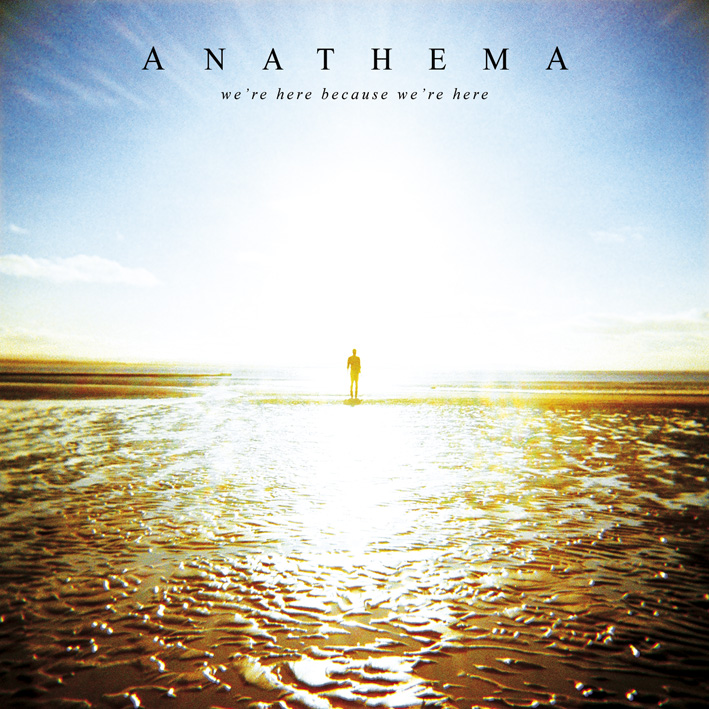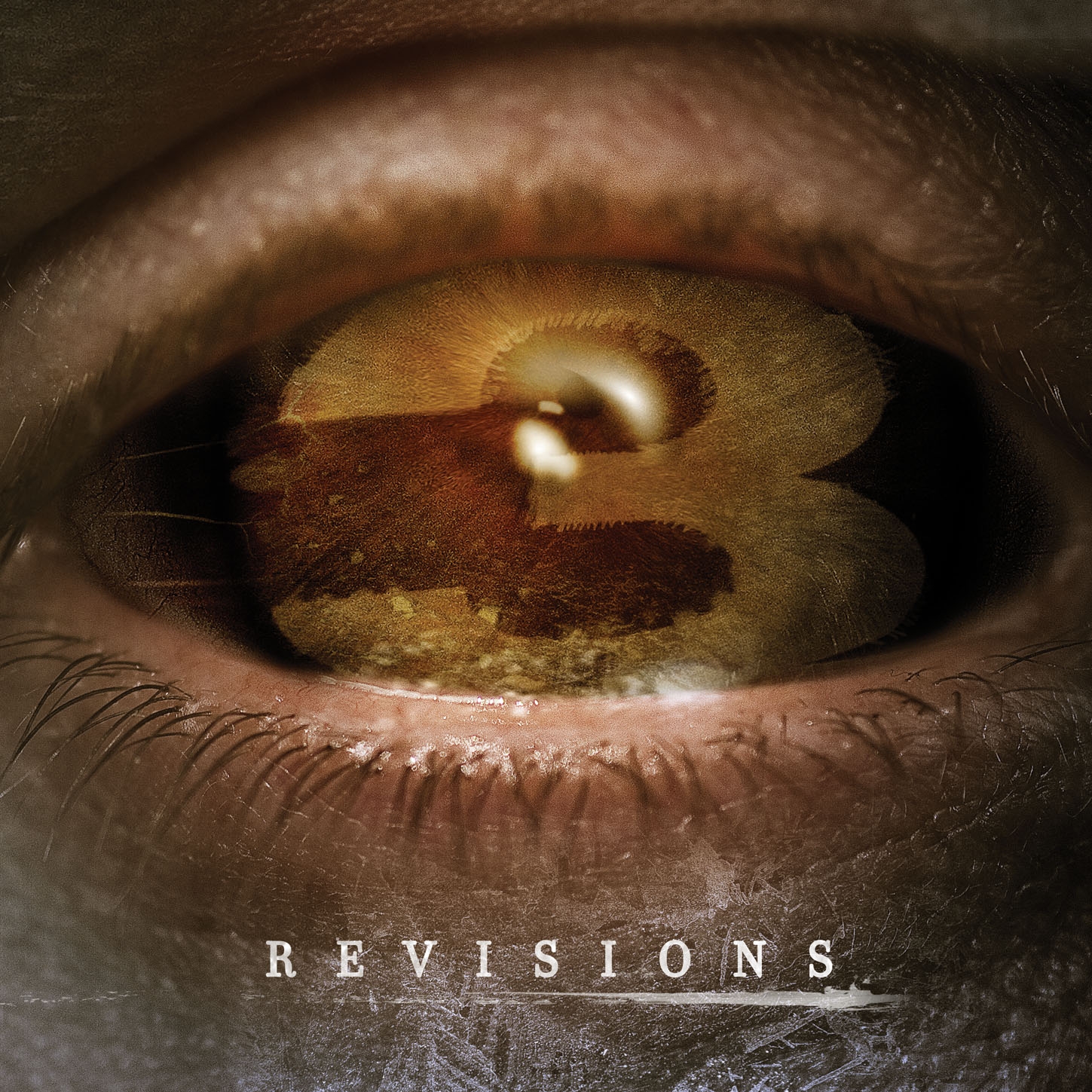A few years back when Guilt Machine released, Arjen Lucassen (of—deep breath—Ayreon, Star One, Arjen Lucassen, Guilt Machine, Galexia, Stream of Passion, Vengeance, Ambeon and a myriad of other projects I probably don’t even know exist) is reported to have said that if he’d had to do it over again, Ayreon would have sounded like Guilt Machine. Whether that was just talk in the build up for a new record or not, it appears that to a certain extent he meant it, as his new Lost in the New Real sounds like the combination of the two projects. On the one hand, Lost in the New Real is a concept record and (faux) double album, featuring the dulcet tones of Rutger Hauer as narrator and “psychologist,” like one would expect from an Ayreon record. However, like Guilt Machine, the record features primarily only one vocalist (Arjen himself), and the music is largely a post-Pink Floyd progressive rock heavy with atmospherics and sweet, but melancholic, melodies. As a fan of Guilt Machine and not of Ayreon, I can say that I was curious to see how this sort of combination would work and I was pleasantly surprised.
Pink Floyd
Anathema – Weather Systems Review
You can take the dirty hippy out of metal, but you can’t take the metal out of the dirty hippy.
Cynic – Carbon-Based Anatomy Review
Well, since the release of Traced in Air, I can’t think of a band that has higher expectations for their next full length than Cynic. Really, I don’t know a single non-Cynic fanboy among the reviewers that I frequently read, and this is because their two records are fantastic. The EP they released last year (Re-Traced) was a neat little foray into other styles and I really loved it. But I don’t think that anyone is quite ready for the band to stay in those other styles. Carbon-Based Anatomy is raising questions as to whether or not they will come back to the techy metal for which they’re supposed to be known.
Leprous – Bilateral Review
Progressive music is a vast category filled with all sorts of various constellations of bands from Dream Theater to Symphony X to Rush to Opeth to Death to Pink Floyd to Pain of Salvation to Coheed & Cambria (arguably) and so forth. It can be very difficult to keep all that shit in order and, frankly, to find good progressive bands because it’s such a huge category. Despite the fact that progressive music should be the biggest, best and most original music in the world it suffers from some serious problems. The first is a tendency towards living in the past (för svenskar: bakÃ¥tsträvande) and the second is unoriginality, oddly enough. So finding a progressive band that is excellent, modern and original is still a hard thing to do. But you’ll never guess who has some angry (but good) news.
Kebnekajse – Idioten Review
The 1970s were a fascinating period for Sweden. There was a ton of experimentation, it was the 1970s, but just like many other phenomena, much of what was happening in the outside world was mirrored in the funhouse mirror that is Sweden’s culture. So while Americans of the time, for example, flirted with Marxism, drugs and experimental music, all of that stuff got taken in different directions in Sweden. Reading about the so-called “Red Wave” (red as in communist) of the 1970s is actually really interesting, and seeing how that was showed up and was interpreted in other parts of the culture is a fascinating endeavor. It follows, then, that one of the most interesting things that came out of the era was called “progg” (that might look familiar to you), and it is not the same as what we think of progressive or symphonic rock that changed the face of rock in the US or UK. Instead, much of the scene was caught up in ideologies and were far more concerned with political thought than with music at all. (Rumor has it that one of the bands let everyone play every instrument because it would be unfair otherwise.)
Turisas – Stand Up and Fight Review
Few bands have ever generated the kind of excitement that Turisas generated among my friends in 2004 when we first got wind of Battle Metal, the debut record from this Finnish viking metal group. Stylistically it really was like nothing we had ever heard. Over the top orchestrations ruled the disc with nary a guitar solo in sight. Instead, the music was largely good for beer swilling and chanting at our drunken parties (which were usually followed up by everyone putting their hair in a certain type of ponytail and running around screaming “Riders of Rohan!”). Hard hitting tracks like “Battle Metal” and “The Land of Hope and Glory” excited us to no end. This band was something unique and special.
Anathema – We’re Here Because We’re Here Review
Where the hell does one even start with Anathema. The band has been in a state of flux for quite a while. The last thing they put out was Hindsight which, quite obviously, was not technically considered a standard release (despite it being my top record of 2008, a very dry year for metal in this Angry Metal Guy’s opinion). That means it’s been five years since A Natural Disaster an album that I found to be remarkably underwhelming, as it followed up one of the finest albums of the entire 2000s: A Fine Day to Exit. But it has, indeed, been 9 years since Anathema released a new album that I was super excited about. Everyone keeps asking “was 7 years worth it?” Well, for me it’s more like “was 9 years worth it?”
Three – Revisions Review
Progressive rock and metal have been looking for a new band to update the genre with something new and original for a long time. While the progressive metal sub-genre has expanded outward, it seems like progressive rock has been left to whiny emo kids and their pretentious and totally incomprehensible space odysseys. Though in recent times bands like The Dear Hunter have started to appear, they tend to be far more eclectic, and rock oriented than I think many fans of progressive guitar rock are really looking for. So when Three burst onto the scene a few years back and was, really, the first band to do something new and interesting with progressive rock since the mid-90s, they began getting some well-deserved attention.

























